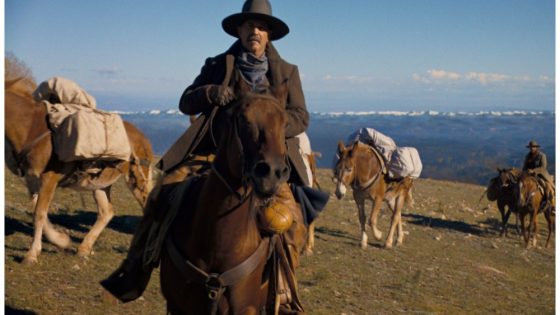“This policy will not just affect student activists around the topic of Palestine but will have chilling implications for other campaigns and will stifle campus life, clubs and societies, and the initiatives run by the National Tertiary Education Union,” he said. “Students shouldn’t need permission to protest on their own campus.”
In an email to students on Thursday afternoon, Scott said the university continued to support the right to “peaceful, orderly protest”.
“[The policy] supports this by setting out the university’s expectations for all users of our lands, specifying activities that require prior approval and those that are unacceptable at any time, and providing for the safe and orderly conduct of demonstrations,” he said.
“At its core, this policy upholds our commitment to free speech, while recognising we need to be able to manage our environment for the safety and security of all.”
Sydney University Professor Emeritus Simon Rice said the policy was a dramatic departure from the university’s current approach to protests on campus. In an email to students on Thursday afternoon, Scott said the university continued to support the right to “peaceful, orderly protest”.
“[The policy] supports this by setting out the university’s expectations for all users of our lands, specifying activities that require prior approval and those that are unacceptable at any time, and providing for the safe and orderly conduct of demonstrations,” he said.
“At its core, this policy upholds our commitment to free speech.”
Vice chancellor Mark Scott
“At its core, this policy upholds our commitment to free speech – while recognising we need to be able to manage our environment for the safety and security of all.”
“On its face it suppresses spontaneity, it removes essential elements of protest,” he said.
Rice said the new rules were not a necessary response to the encampment as he believed the university had all the legal powers it needed to shut it if it chose to.
“Yes it is in response to [the encampment], but it’s completely over the top in response to what was happening,” he said. “It’s disproportionate, it gives excessive discretion to protective services and the vice chancellor.
“It throws up so many barriers to expressions of opinion and dissent that it is effectively chilling protest voice.”
A spokesperson for Australia’s higher education watchdog said it had requested information about the university’s response to reports that supporters of Hizb ut-Tahrir were on the campus, and what steps the university was taking to ensure the wellbeing and safety of students.
Loading
“The Tertiary Education Quality and Standards Agency is continuing to monitor how Australian registered higher education providers are assuring the safety and wellbeing of students and staff affected by the Middle East conflict and increased activist activity at some campuses.
“TEQSA raised concerns regarding the presence of people from outside university communities participating in protest activity on campuses with providers in May 2024,” the spokesperson said.
A University of Sydney spokeswoman said no concerns were raised with it by police or other government intelligence agencies since the October 7 attacks in Israel, including in a recent briefing with senior police officials. Sydney University also participated in a briefing on June 7 of the Universities Foreign Interference Taskforce, including briefings from intelligence officials, the spokesperson said.
Start the day with a summary of the day’s most important and interesting stories, analysis and insights. Sign up for our Morning Edition newsletter.
Source Agencies


